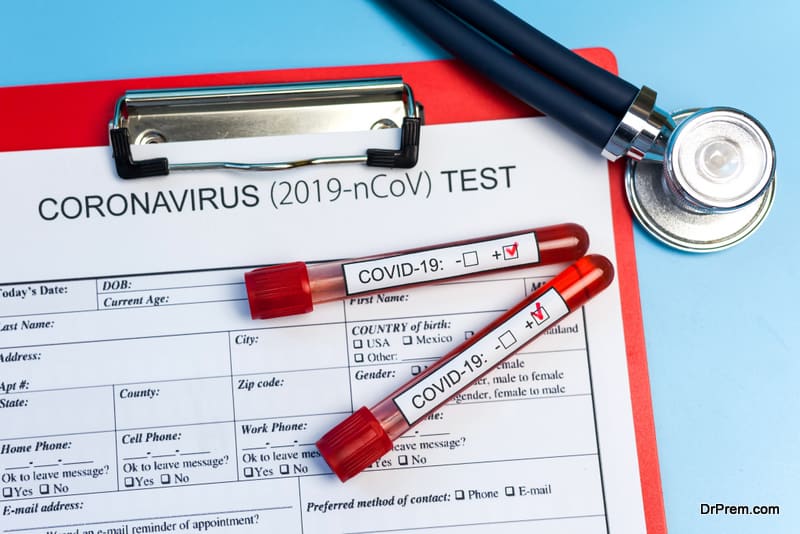People who live in the western part of the world can occasionally have the mindset that their home country is one of the best, if not the actual best, when it comes to medical care. However, each country across the globe can boast a wide number of truly spectacular doctors and surgeons across the medical spectrum.
Perhaps, in recent years – as you’ve done personal reflection – you’ve decided you want a procedure done. Maybe you’d like a rhinoplasty, or you’re considering a mommy makeover. After researching it extensively, you may have narrowed down which doctor you’d like to consult and realized they’re not local. In fact, they’re not even in the same country as you are, either.
If this sounds like you, then you may be considering something that’s also known as “medical tourism,” or going somewhere abroad for a medical procedure. Fortunately, this is a completely normal and accepted practice. And as long as you understand what you need to prepare for beforehand, the process will be as straightforward and easy as the procedure itself!
Prepare the Necessary Documents

You’ll need to prepare all the documents for international travel beforehand. This usually includes just a passport, but due to the recent Coronavirus pandemic, each country may have additional requirements for entry. Some may require negative tests, your current vaccination status, a quarantine period, or a combination of all three. The best way to find out what you need to do is to go to the country’s travel page and review the list of current requirements to visit their country.
In addition, you will need copies of your medical history and any conditions or contraindications that might be relevant to the surgery. For instance, it’s important for the doctor to know if you have a clotting issue or if you’re allergic to certain anesthetics. It’s always a good idea to not only send those documents to your doctor well in advance of the surgery, but also bring them with you the day of the procedure to prevent any mishaps.
Know the Recovery Time and Intensity (And Plan Accordingly!)
Some procedures may take only a weekend to recover from, while others might take much longer to fully heal from. Because of this, it’s extremely important to speak with your chosen surgeon to fully understand how long you will need to recuperate, and whether or not this will interfere with travel back to your home country.
Certain procedures may have a recommendation for no long-distance travel for a certain duration of time. If that is the case, then it’s a smart idea to find comfortable and local lodgings for the rest and recuperation period. Some clinics even offer in-home nurses to assist you while you heal. You’ll also want to be sure to inform your employer and loved ones about how long you will be gone, and don’t forget to check in with them regularly.
Arrange For a Translator

If your doctor and the staff assisting him during the procedure don’t speak your native language, not only will you be uncomfortable for the entirety of the surgery, but it will be hard to provide in-the-moment consent and fully understand what is happening. As such, hiring a translator to assist you during your pre-op and post-op will be crucial – especially when it comes to the next steps and knowing exactly how the procedure went.
A quality translator will also help explain to you when the doctor adheres to his or her country’s rules and expectations when it comes to the procedure and your recovery afterward. This can avoid unnecessary confusion or upset. Not everything will be the same with this country’s healthcare and yours, so be prepared for differences, and have someone there who can explain them to you.
Schedule Follow-Up Appointments With Your Local Doctor
It is important to make a follow-up appointment with your local doctor so that they have a complete list of your medications and treatment history. This helps not only if you struggle or have side effects at home after the procedure, but for future medical care in your home country. In addition, ask the surgeon who did the procedure for copies of the paperwork. That way, it can be added to your medical records in your home country.
Educate Yourself About Contraindications

There are many common conditions and contraindications that can prevent you from getting a procedure not only in your home country, but also abroad, too. Some of these conditions (such as heart issues, obesity, and blood pressure) are just a few of those that could prevent you from getting your desired surgery.
In addition, you must be of sound mind when consenting to the surgery. If a surgeon suspects a patient is under the influence of substances, then they may not perform the procedure. You should be mindful to not only avoid illicit substances, but also get treatment if you’re currently using them. If you’re looking for local detox centers, Orange County, New York City, and Miami are some of the more major metropolitan areas that offer them to those who wish to recover.
A final note
It’s essential to be your own best advocate before undergoing any medical procedure. Whether it’s a basic outpatient procedure or it’s an extensive full-body surgery, it’s ultimately your responsibility to cover your bases to avoid any surprise complications afterward. And by following these five steps while preparing yourself for your international procedure, you can help ensure the best possible outcome.
Article Submitted By Community Writer




